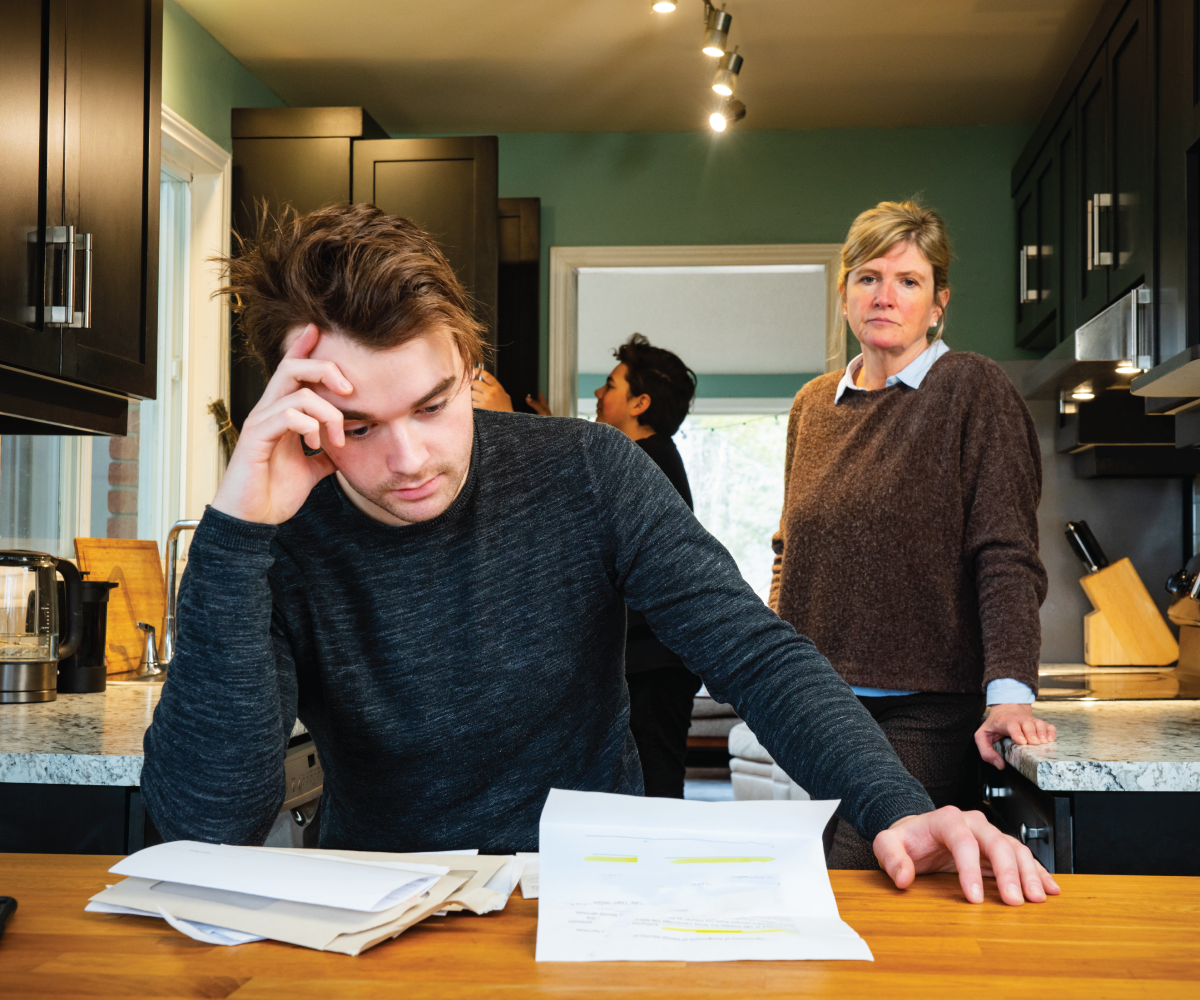Rachel Yavinsky
Senior Policy Advisor

April 3, 2025
Senior Policy Advisor
Young people who cycle in and out of homelessness or go long periods without housing report worse health outcomes than their peers who spend less time unhoused, new research shows.
Jessica Richards at the University of California, Los Angeles and colleagues used data from the 2018/2019 Los Angeles County homeless youth demographic surveys, part of the Los Angeles Homeless Services Authority annual homeless count, to examine the impact of the duration and frequency of homelessness on unsheltered young adults ages 18 to 24.
It is well documented that young people experiencing homelessness report higher rates of risky sexual behaviors, substance use, and poor physical and mental health than their housed peers. But whether a longer or episodic history of homelessness leads to worse health outcomes—or whether youth with these health challenges are more likely to become unhoused—is not fully understood.
In 2020, Los Angeles County had more than 4,100 homeless youth, the largest such population in the United States. Richards and team focused on youth who were homeless and unsheltered—meaning they were living on the street, in cars or abandoned buildings, or in other places not meant for human habitation.
Their study sample included 1,672 unsheltered young adults, with 1,220 included in the final analyses. Youth were grouped into three categories based on how long and how often they were homeless:
Richards and colleagues looked at 10 reported health conditions, which they collapsed into five summary health outcomes: physical health condition, mental health condition, substance use disorder, tri-morbidity (having a physical health condition, mental health condition, and substance use disorder), and any health condition.
Nearly half of unsheltered young adults reported having a mental health condition (48.5%) compared to 29.4% of youth nationwide, and almost one-fourth (22.4%) reported a substance use disorder, compared to 15.3% of young adults nationally.
Compared to their short-term peers, young adults experiencing long-term homelessness were over 13 percentage points more likely to report a mental health condition (53.3% vs. 39.8%), over 10 percentage points more likely to report at a physical health condition (26.0% vs. 15.6%), and over 6 percentage points more likely to report problematic drug use (21.9% vs. 15.3%). These links persisted even after accounting for other factors that might influence health, including adverse life experiences, the researchers found.
Both short-term and long-term respondents reported almost identical reasons for homelessness, including unemployment or financial issues, conflicts with family or household members, no friends or family available, mental health issues, and personal drug use. This similarity suggests that the differences in health outcomes may be the result of the cumulative effects of long-term homelessness.
“Our results thus suggest that longer duration of unsheltered homelessness may drive the onset of mental and physical illness among young people,” the researchers said.
Like their peers in the other categories, young adults experiencing episodic unsheltered homelessness were more likely than young adults with housing to have poor health outcomes. This relationship, however, did not persist when the analysis controlled for sociodemographic factors. Young adults with episodic homelessness may face “a unique set of lifetime experiences” in cycling between housed, unhoused, and institutional settings that lead to worse health outcomes, but this does not necessarily mean that the episodic nature of their homelessness itself is a cause of their poor health, the researchers noted.
The top two reasons for homelessness—unemployment or financial reasons and conflicts with family or household members—were consistent across all three categories. However, youth experiencing episodic homelessness reported mental health issues and release from jail or prison as much more common reasons for being unhoused than the long- and short-term groups.
Female young adults experiencing unsheltered homelessness were less likely than males to report a physical health condition, substance use disorder, or any health condition. Transgender and gender non-confirming youth reported the same rates of physical and mental health conditions and substance use disorder as males but were more likely to report all three conditions.
Most of the unsheltered youth in the study were people of color. Black youth were less likely than white youth to report mental health, substance use, any condition, or all three conditions. Those who identified as Hispanic were less likely than white youth to report substance use.
The authors note that other studies have documented different causes of homelessness for different disadvantaged groups: Homelessness for Black youth may be caused by economic factors and systemic racism, while homelessness among white individuals is more likely to be linked to abuse, neglect, or chronic mental health conditions. Future research could illuminate how homelessness—and the pathways to homelessness—may reduce or even reverse the relationship between racial disparities and health.
Being homeless during young adulthood can impact long-term mental and physical health, pointing to a need for policies and programs to eliminate barriers to employment and education for young people. Improving young adults’ economic stability may help prevent youth homelessness and provide long-term benefits.
“Our results point to the urgent need for prevention and early intervention in young adult homeless trajectories to avert lifelong consequences for economic wellbeing and emerging health disparities,” the researchers concluded.



